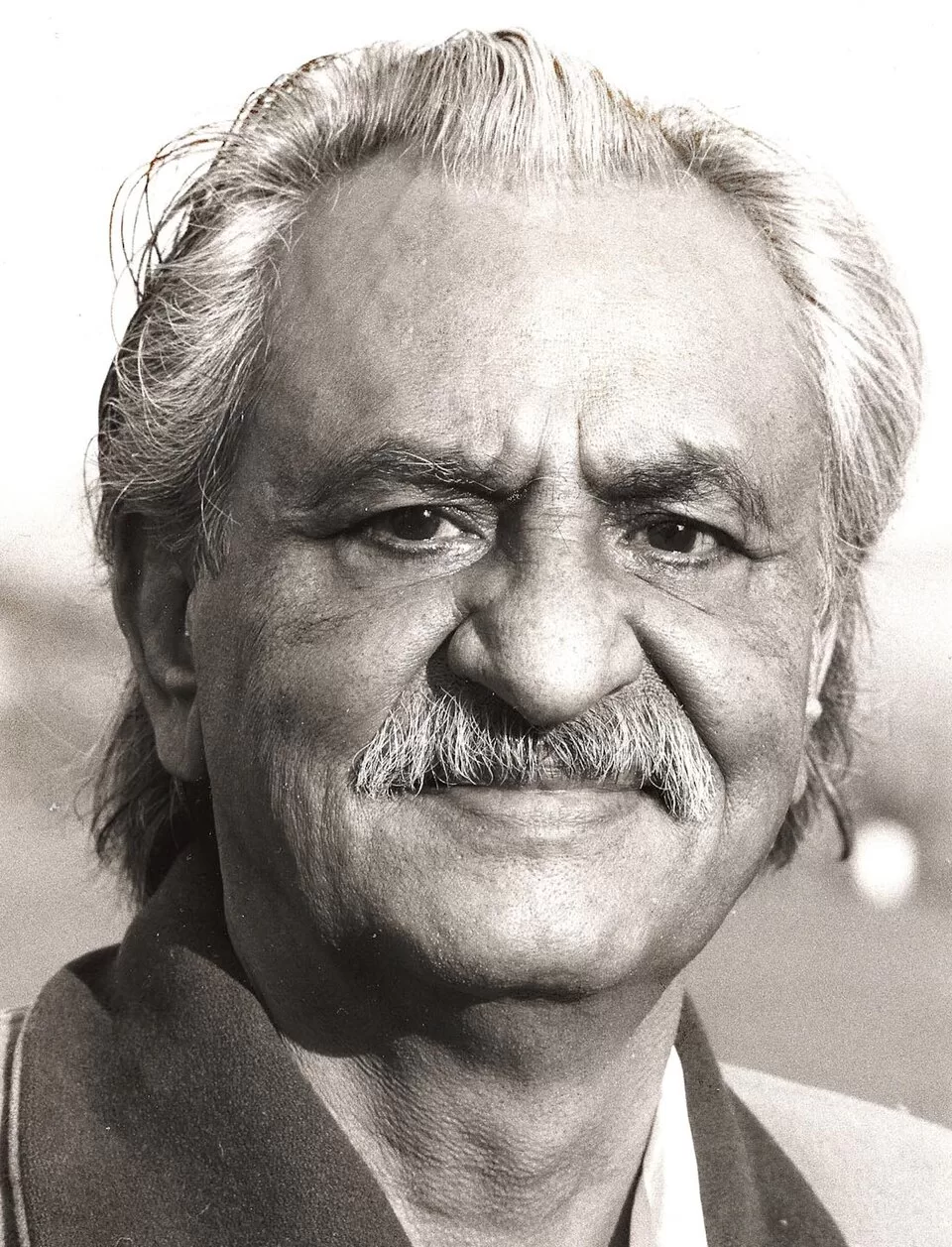Text of a Speech by Dr. Javad Nurbakhsh, Master of the Nimatullahi Order, to a Sufi Gathering
The Sufis have two festivals: the ordinary and the elect. The ordinary festival is for all Sufis. This festival is described by Sanā’ī in the following verse:
The Sufis celebrate
two festivals each breath;
Spiders celebrate
by making feasts of flies.
The meaning of Sanā’ī’s verse is that while Sufis observe two festivals with every breath, the fundamentalist clergy are like spiders seeking every moment, with the breath of their preaching, to entangle ordinary people in their webs like flies.
When Sufis breathe in, they concentrate on God’s attributes, and when they breathe out, they take refuge in God’s Essence. This represents the return of the heart to its origin, the Beloved, at every moment, with every breath. The practice of loving through remembrance of the Beloved is like a festival, inspiring joy in the Sufi. According to the Koran: “Indeed, we are God’s, and indeed, to Him we are returning” (II: 156).
This festival is described by Majdhūb Tabrīzī in the following verse:
For Your Majdhūb, attracted only to You,
New Year’s Eve is no festival.
He will celebrate a festival
the day he beholds Your Face.
The elect festival of the Sufis involves one’s severance from the creation (khalq) and joining with God (haqq). This festival is the day of Union with the Absolute Beloved which is the Sufi’s life-long desire, the prospect of which elates the Sufi’s heart. This is the day when the drop settles on the vast surface of the Ocean and views the Ocean with the eyes of the Ocean.
It is this encounter to which the Koran refers in the passage: “Whoever hopes for the encounter with his Lord, let him act with righteous actions and ascribe no partners in the worship of his Lord” (18: 110). ‘Righteous action’ refers to acting with no thought of merit or reward. Ansārī comments on this passage with this statement: “All creation loves life, and death is hard for all created beings; the Sufi, however, hastens toward death in the hope of finally encountering God, and of beholding His face.”

